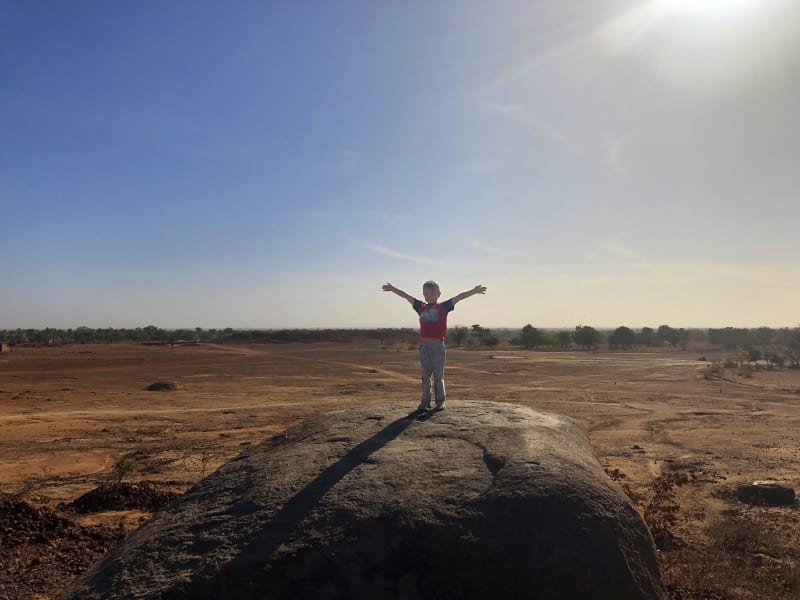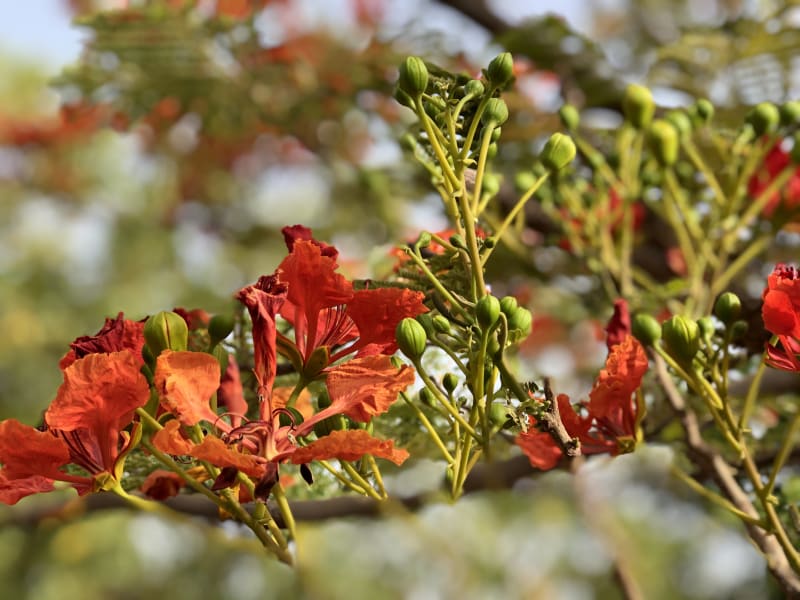
Enough is enough
One thing is how things work during periods of success. Another how they work in times of adversity. We see this in most areas of work, but above all, when it comes to democracy and equality, we see it in rich countries like Sweden, and in poorer countries like Burkina Faso. It is easy to invite to conversations and participation when there is peace and stability. However, when security is threatened in various ways, it is easy to fall back into old patterns, but also into protectionism and accusations. How then do we build strong structures so that they maintain democracy even in more difficult times? This is a question for Yennenga Progress, but also for anyone who wants to call themselves democracies.
Over the years, we have worked with tools for how we challenge limiting norms. The village of Nakamtenga, is located in the Mossi area in Burkina Faso, and is classified as a strong hierarchical community. As it is well known, this creates stability – until the hierarchy is questioned.
We live in a turning point between a traditional society, in its own way well-functioning and a well-organized local community, which will now become part of a modern state with other laws and regulations. For the society to function in the long run, we welcome this development, but for the people who are affected, such a transition can be painful. In each sub-area of such change, I could of course write a whole essay, but I will try to draw some simplified lines here to still highlight this exciting period in Burkina's history that we are in.
Royal structure
Although Burkina Faso is officially a republic, the country is traditionally a monarchy, with an active King, Mogho-Naba. Over the years, the royal structure, with a number of sub-kings who each represent their part of the population, has had a great influence on both local decision-making and national issues. This due to the respect the people have for their king, and the advice he gives. Election results and other decisions at democratic level are therefore strongly influenced by this structure.
To be a king is an important task that in the Burkinabe (Mossi people) context requires to always be present for its people. With the new generation of princes, where more and more have higher education and jobs in the cities, the number who resign from the mission is increasing. More and more villages are therefore without traditional leadership. This opens up for new power structures, new paths for decision-making and that the stability provided by the royal system is disappearing.
Land ownership
Traditionally, the land in the countryside has been distributed by so-called land managers (chefs de terre). A responsibility inherited through history within a designated family, which kept track of which family owned the land, but distributed according to the families' needs. Now that the state regulates land ownership, the land is possible to sell and papers are required on the land, building permits, etc. And a conflict arises between families who previously lived in symbiosis with each other. Whose is the land? The one who used it for maybe decades or the one who originally owned it, and who knows now when the old land managers are no longer alive and the young generation doesn’t take over?
Another problem is people from the cities who have already lived for a long time with the "modern" rules and thus understand the value of land, who buy land for speculative purposes, for small sums from unsuspecting, self-sufficient small farmers, who overnight also lose the land that formed the basis of their livelihood.
Experience and age versus new knowledge
We live in a world that is changing rapidly. This is noticeable in terms of democratic structures, global mobility and the information society, but also not least in terms of the great impact of climate change, which means that the old knowledge of reading nature no longer works.
An older generation who is most often illiterate in rural areas, with very limited access to information and news feeds, now lives under the same roof as the new generation who are connected to the world through their telephones. The young communicate quickly via social platforms, they study and see life from a new perspective. This, combined with a strong hierarchy where it is the oldest man who speaks, means that young people are faced with the choice to conform (at least in public) to the old structure, or to confront with often far-reaching consequences, where the whole family is involved.
Equality
If we add the gender issue, where women traditionally have not had any of these positions of power, they move to their husband's village when they get married and thus are cut off from their own safety network by family and friends, they, for instance, do not inherit land – and now national law demands equality and the same rights to inheritance, finances, access to public life, etc. Which means another dimension of confrontation arises.
At Yennenga Progress, we work with discussion groups and workshops to find solutions on how we can make the transition to modern society as smooth as possible. We look at how we can preserve what is good in traditional society, and how we can fight limiting norms that make life difficult for both individuals and the development of society.
Above all, it has become clear that it is important to take the fight in well-chosen cases, in order to highlight examples and show the functioning structures that the state has actually set up. During the past year, we have therefore run a couple of processes where we have marked zero tolerance for violence, violation of women's rights and abuse of power. In the middle of this, it sometimes feels sad and heavy – and frustrating – but with each solved case, we see changes that give strong symbolic gains. We see the younger generation, the women and the old wise men, standing up and expressing:
I will never be silenced again, I will tell the truth and I will never give up.
Stina Berge
Secretary-General Yennenga Progress
